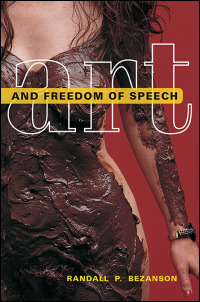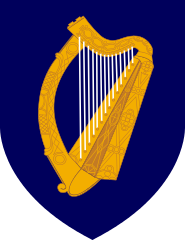Blasphemous rumours and constitutional amendments
 The free speech guarantee in Article 40.6.1(i) of the Constitution is a fragile freedom, much to the inglorious discredit of Irish democracy. However, there is a slim chance that the controversy over the blasphemy provisions in Part 5 of the newly-commenced Defamation Act, 2009 might provide an opportunity to replace the current text of Article 40.6.1(i) with something rather more robust. Consequently, much more in hope than expectation, this post concludes with a suggestion for a replacement text, on which I would welcome any comments and suggestions.
The free speech guarantee in Article 40.6.1(i) of the Constitution is a fragile freedom, much to the inglorious discredit of Irish democracy. However, there is a slim chance that the controversy over the blasphemy provisions in Part 5 of the newly-commenced Defamation Act, 2009 might provide an opportunity to replace the current text of Article 40.6.1(i) with something rather more robust. Consequently, much more in hope than expectation, this post concludes with a suggestion for a replacement text, on which I would welcome any comments and suggestions.
But first, the context. The blasphemy provisions in the 2009 Act are provoking quite a bit of commentary in the media, both in Ireland (Sunday Independent | Sunday Tribune | Irish Times here and here | Sunday TImes) and abroad (BBC | CNN | Guardian | MSNBC | New York Daily News | Sydney Morning Herald | Washington Post). Even the Drudge Report has commented on the story; and there are more here). I particularly like the Post piece, because I’m quoted in it. More seriously, much of the coverage revolves around the publication by Atheist Ireland of 25 potentially blasphemous quotations in the hope of provoking a prosecution; and they’ve opened an online petition to challenge the blasphemy provisions of the 2009 Act.…




